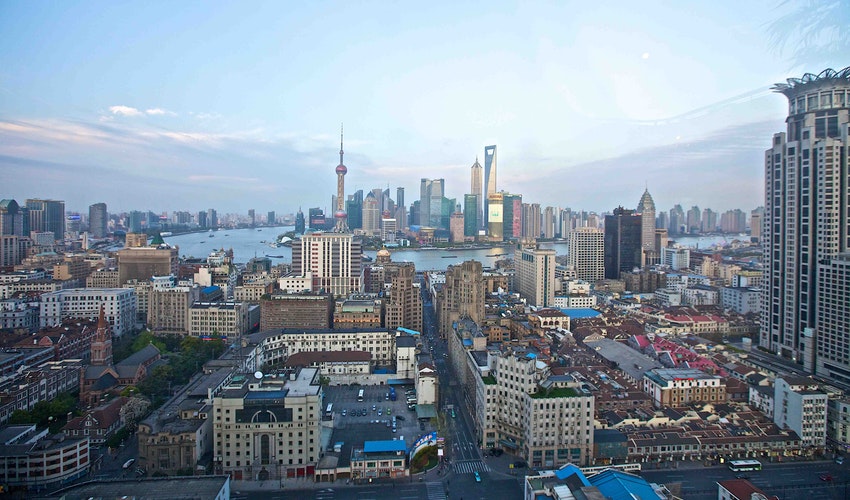The COVID-19 pandemic has brought the Trolley Problem back into discussion. The Trolley Problem involves two scenarios. In the first scenario, you are driving a runaway tram and will hit five unsuspecting people in front of you. You can’t stop, but you can steer onto a side track where only one person stands. Do you steer or continue on the same path? Most people would choose to steer to save more lives.
In the second scenario, you are standing on a footbridge above the same tram, and you see five people who are unaware of the danger. You also see a fat man next to you. If you push the man off the bridge, he will fall onto the tracks, and the tram will hit him instead of the other five. Would you push the man? Most people wouldn’t.
On the surface, both scenarios seem to present the same dilemma of choosing between saving five people or one person. However, there is a significant difference between the two. In the second scenario, there is a third option, which is to jump off the bridge and stop the tram. From a purely rational perspective, this option is equivalent to pushing the fat man. However, most people would not sacrifice themselves to save others.
In the first scenario, there is no third option. From a purely rational perspective, choosing to steer is the most beneficial choice. For instance, in a hospital, if a doctor faces five patients with minor illnesses and one patient with a severe illness, the doctor should focus on saving more lives, just like the first scenario of the Trolley Problem.
However, in the second scenario, what if the five people need organ transplants, and the fat man has a compatible organ? Should we push the fat man to save five lives? No, we shouldn’t. This scenario is similar to the second scenario of the Trolley Problem because there is a third option: the fat man might be you. We should align our moral values with our self-interest and preserve our lives. This makes the fat man “innocent,” which is crucial. In this case, the number of people involved is irrelevant.
The so-called “trolley problem” is not really a problem at all. In a typical “trolley problem” scenario (especially a realistic one), it’s easy for anyone to come up with an answer. However, in a group situation, it can become a problem because everyone has different interests, which leads to different viewpoints and ultimately results in taking sides based on personal interests.
Similarly, the controversy surrounding the Omicron virus in the Western world is the same situation. The so-called “lying flat” policy is all about interests. When “I” have a stable job or income and don’t have to worry about the economic impact of isolation, of course, the disease poses a greater risk to “me”. However, isolation will significantly affect “my” work and income, and in this case, “I” will naturally oppose isolation. Although both of these facts objectively exist, awareness needs to be consistent with the subconscious, and psychology needs to be balanced. In the end, viewpoints based on personal interests become taking sides based on personal interests. We all know that those politicians in those countries are just spokespersons for their own interest groups. Their so-called “nobility” and “greatness” are just fig leaves to cover up their personal interests. Therefore, understanding this point, it’s clear that this issue is not at all complicated.

